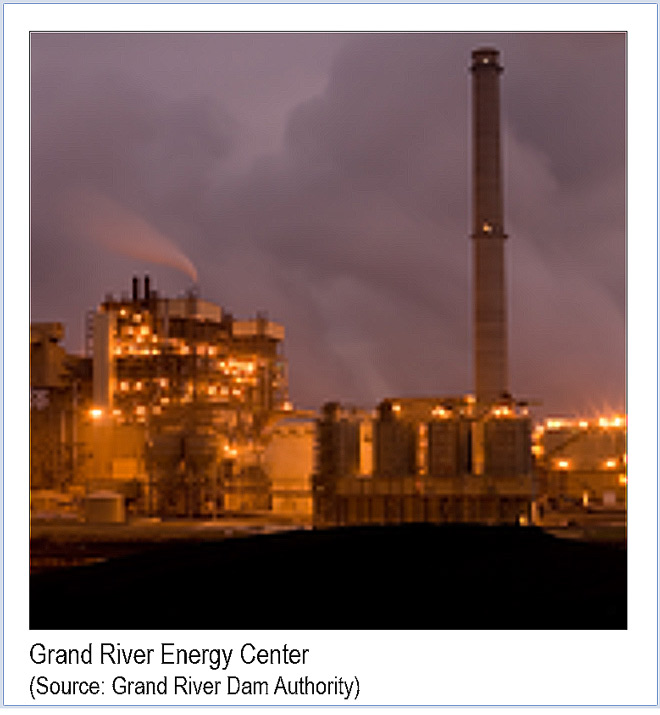By Ted Caddell
Operators of an Oklahoma coal-fired generator seeking a temporary reprieve from the Environmental Protection Agency’s mercury rule received an assist from federal energy regulators last week.

EPA’s Mercury and Air Toxics Standards (MATS), which took effect in 2012, gave generators three years, until April 16, 2015, to comply. State environmental regulators were permitted to grant one-year extensions, which the Oklahoma Department of Environmental Quality did for the GRDA plant.
GRDA asked EPA to issue an administrative order allowing an additional one-year delay to April 16, 2017, saying it needs the time to complete construction of a new, gas-fired combined-cycle unit at the site.
Without Unit 1, according to the authority, it will be unable to meet SPP’s 12% required reserve margin. The authority also noted that the plant was called on for voltage support six times in 2014.
“The reliability of the bulk power system depends in part on whether utilities meet an appropriate planning reserve margin,” FERC told the EPA. “Absent a significant change in future circumstances, our view is that GRDA’s Unit No. 1 is needed as requested by GRDA to maintain electric reliability.”
The need for Unit 1’s output also was confirmed by SPP. In a letter attached to GRDA’s petition to EPA, SPP said that it “concurs with GRDA’s assessment regarding GRDA Unit 1’s criticality for reliability absent other system changes.”
GRDA said that it sometimes has problems obtaining transmission service to deliver power from outside of the GRDA balancing area when one or both of its existing units are offline.
The final decision on the waiver will be made by EPA.


